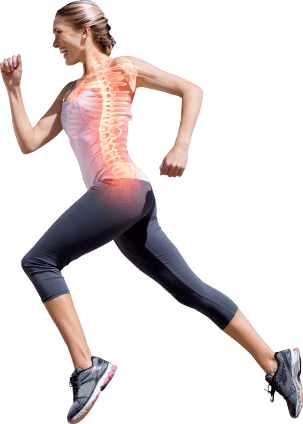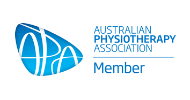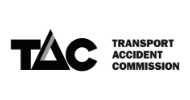The Shoulder
The shoulder is a complex joint which sacrifices stability for mobility, meaning it can move in multiple directions and perform complex actions, but this leaves it vulnerable to overload, overstretch and overuse injuries.
Unlike most other joints, the shoulder is held together by a group of muscles, rather than strong and tight ligaments. Due to this, shoulder pain can arise from problems with many structures. Most common is the Rotator Cuff, but there are many other structures which can cause pain: some within the shoulder, and some even from the neck, ribs or back.
Physiotherapy at Head2Toe
Head 2 Toe Physiotherapists are experienced clinicians who will use clinical tests to identify the structures at fault and then devise a treatment strategy to address the problem.
info@head2toe.com.au
03 9326 0168












